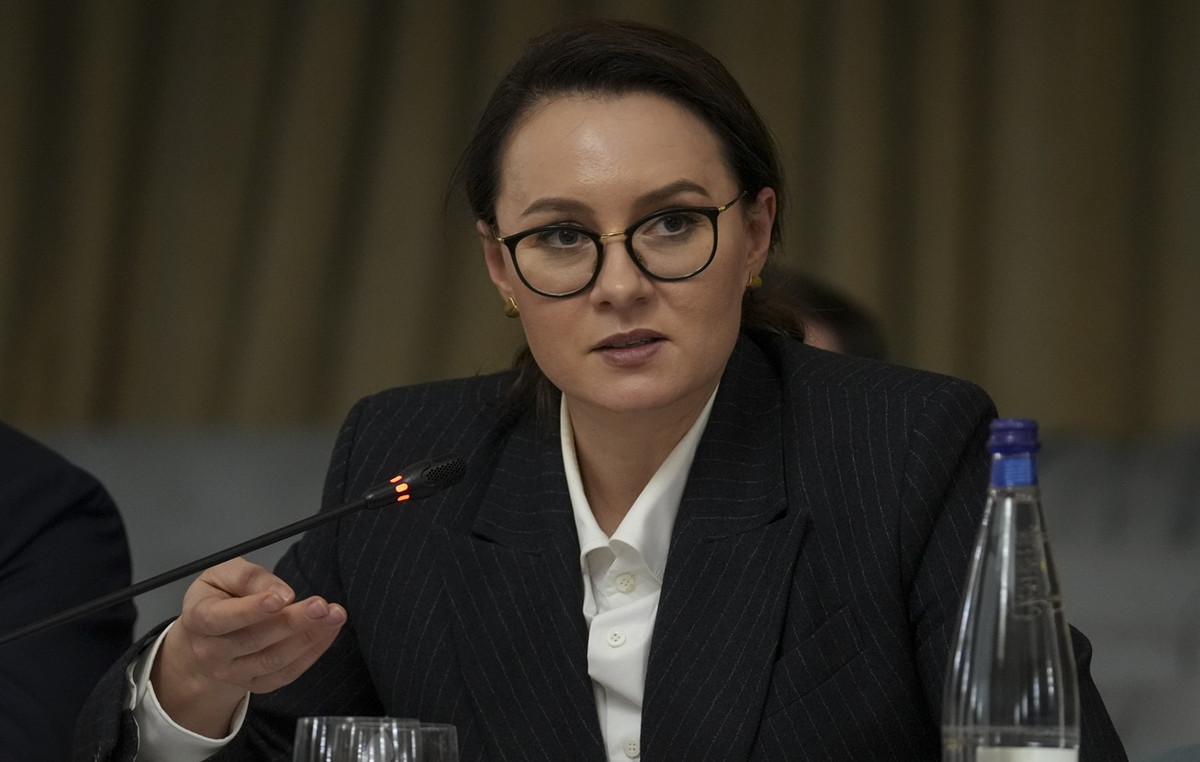The Monetary Policy Committee (Copom) must maintain the basic interest rate, Selic by 13.75% at the September meeting, even after the Central Bank’s Economic Activity Index (IBC-Br ) to be higher than expected by the market and indicate a buoyant economy, assess experts at the CNN Brasil Business .
On the 5th of September, the president of the central bank Roberto Campos Neto, carried out a speech that surprised the market , with an even tougher tone in the fight against inflation. The speeches opened up margins for more bets in an increase of 0.25 percentage point, but the majority view of investors is still of maintenance of the rate, according to data from B3.
For experts, the recent deflations recorded by the Broad Consumer Price Index (IPCA ) and the already high level of the Selic are the main arguments in favor of maintaining the rate, with the end of the cycle of high interest rates that started in March 2021.
Selic at 13.75%
Marília Fontes, founding partner of Nord Research, expects the Copom to stop the Selic at 13.75%, but says that she also works with an alternative scenario, in which the municipality would raise interest rates by 0.25 pp, because “the data activity are being revised upwards, surprising the market, as well as the labor market”. Among these data, she cites the July IBC-Br.
She also points out that, even with falling inflation, the index cores, which exclude volatile items such as energy and food, are still at high levels, indicating that the Central Bank still has “certain difficulties” to fight inflation.
Also projecting maintenance of the Selic, the chief economist at Ativa Étore Sanchez does not expect the IBC-Br to influence the Copom’s decision, since the indicator is considered a preview of the Gross Domestic Product (GDP ), that “today is not the primary focus of monetary policy due to the inflation targeting regime”.
Another data released this week, the IGP-10, should also not influence this rationale, even with the registered deflation, because it measures “inflation for the producer. It is not the direct objective of the Central Bank, it has a whole chain to be transmitted until it reaches the final consumer and becomes an expectation of inflation, and then it influences the Copom”.
For Rafaela Vitória, chief economist at Inter, projects a maintenance of the Selic “despite the stronger increase in activity, as indicated by the IBC-Br in July”, since “inflation continues in a downward trend and we can see a new negative reading in September, which would be the third consecutive month of deflation”.
“In addition to the reduction in taxes and gasoline, which resulted in a drop in prices in July and August, in September, we should also observe the drop in food prices. Producer inflation, measured by the IPA, also indicates a drop in industrial goods and means that consumer inflation in the coming months should continue without additional pressure”, emphasizes the economist.
For her, “part of the growth of the economy has been derived from the growth of investments, and recovery of the industry with the normalization on the supply side, which does not bring inflationary pressure at the margin”.
Even so, she believes that the Copom must still assess the possible impacts on inflation of fiscal measures, such as the increase in the Brazil aid and potential spending extensions in 2023. The measures influenced in particular services inflation, with greater inertia, which could weigh in considering a 0.25 pp increase
“However, inflation expectations for 2023 already show a drop compared to the last meeting, and the current rate of 13.75%, considering an inflation 12 months ahead of 5%, already means a very restrictive monetary tightening that has not yet occurred. felt in the economy”, ponders Vitória.
C6 Bank also expects a final Selic of 13.75%, but admits the possibility of a final adjustment of 0.25 pp in September.
“The Copom should announce the end of the monetary adjustment cycle at this September meeting, stating that it sees the maintenance of interest rates at the current level as appropriate, but should emphasize that the next steps of monetary policy will continue depending on the evolution of economic activity, the balance of risks and inflation projections and expectations”, says the bank’s economic team, led by Felipe Salles.
For the team, “maintaining the Selic rate at significantly contractionary levels for a prolonged period would be more effective in bringing inflation to the target than additional interest rate hikes.”
Gustavo Batista Wanderley, Investment Manager at Paraná Banco, points out that, although the municipality has left room for a last increase in September, “the recent inflation data indicate that this last increase will not be necessary. Now, the big question is the speed of interest reduction in 2023, which should end the year at 11.25%”.
“The August IPCA came in line with our expectations, a deflation of 0.36%, impacted by the new drop in fuel prices. Analyzing the core inflation, which disregards these temporary shocks, we notice an important improvement in some items. Our expectation is that the IPCA will close at 6.50% in 2022 and 5.20% in 2023”, he evaluates.
Source: CNN Brasil
Joe Jameson, a technology journalist with over 2 years of experience, writes for top online news websites. Specializing in the field of technology, Joe provides insights into the latest advancements in the industry. Currently, he contributes to covering the world stock market.







